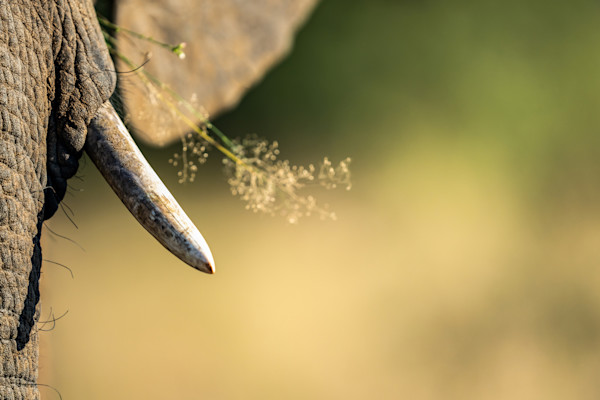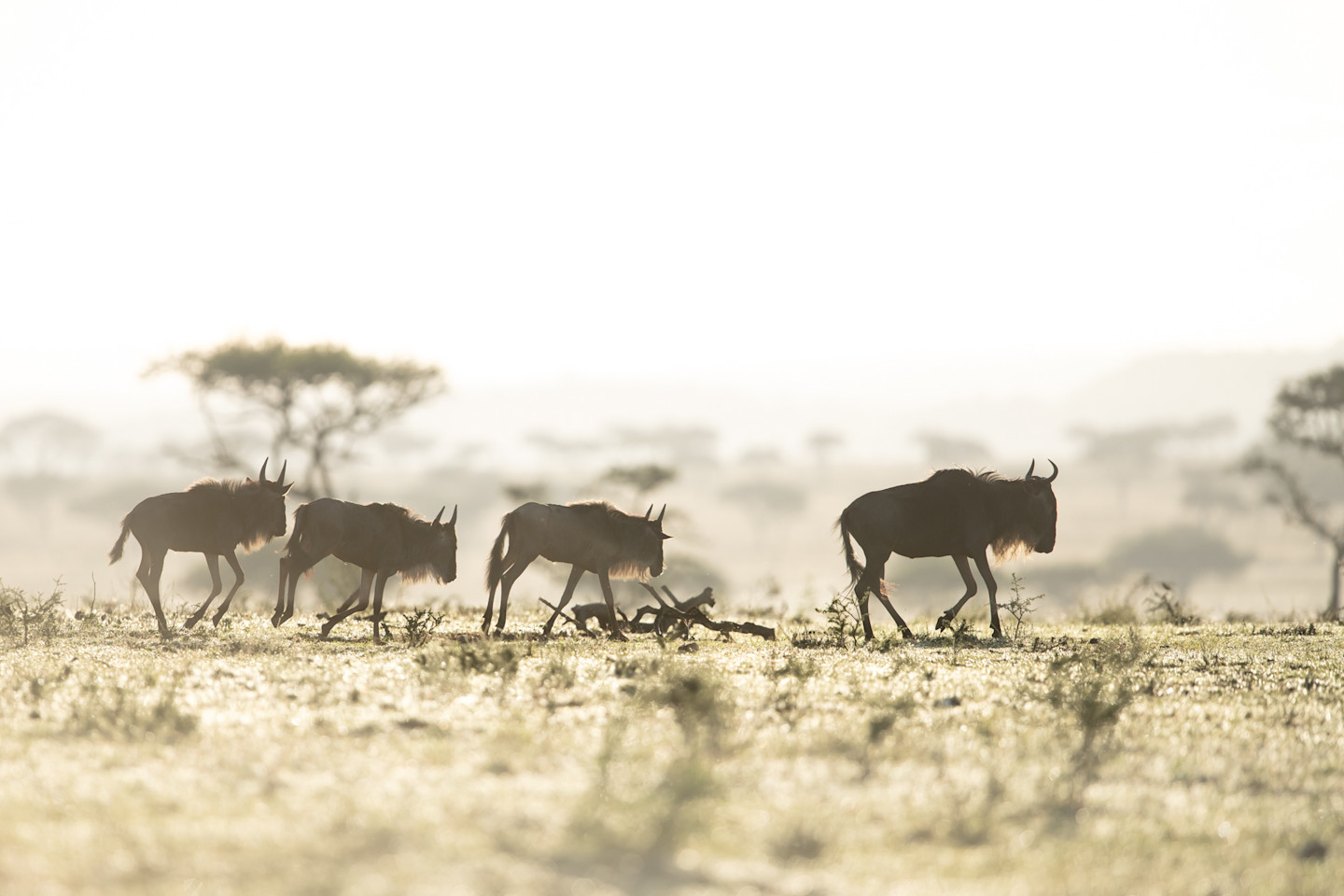
June 2021
Biodiversity
Environment
World Environment Day: an urgent call to halt biodiversity loss
in BiodiversityShare:
World Environment Day: an urgent call to halt biodiversity loss
The 5th of June is World Environment Day, a UN-sanctioned day for promoting awareness and action around the protection of the environment. This year’s theme ‘Ecosystem Restoration’ and the resetting of our relationship with the natural world, also marks the formal launch of the UN Decade of Ecosystem Restoration.
Singita’s commitment to conservation is woven into the fabric of our brand – our 100-year purpose to protect and preserve large areas of wilderness for the benefit of generations in perpetuity – drives all our decisions. We think in terms of far-reaching goals – 20, 30, 50 and 100 years into the future and our low-impact, low-volume ecotourism model is designed to support these goals.
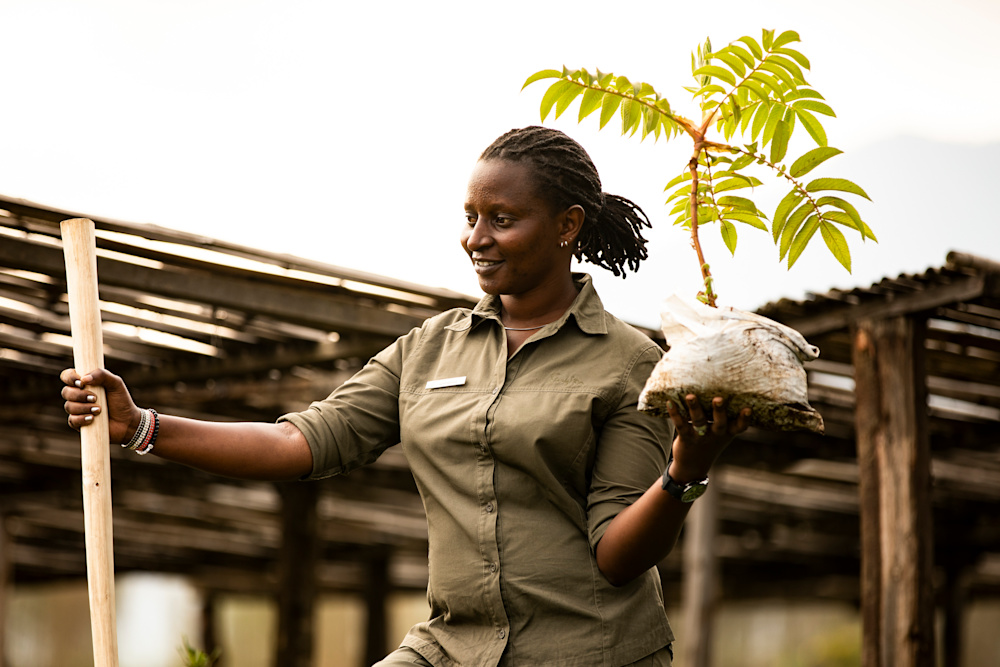
Our commitment to the UN's four ambitious goals to halt biodiversity loss and slow climate change see us revisiting our programmes to increase their efficacy
The bigger picture
This year, on World Environment Day, we take stock of where we are and revisit our commitments to the environments we share. Biodiversity loss is happening at an alarming pace (the latest findings report that we have lost 70% of biodiversity - habitats and species) in the last 50 years. Human activity is driving unsustainable levels of land degradation (through deforestation, city growth and farming), and resource use for our food, water and energy needs. This in turn is driving accelerated global warming and increasing climate instability. This combined rate and scale of biodiversity loss and climate change has placed us on the precipice of the 6th Mass Extinction, with 1 million species now at risk.
‘This decade will be the most defining decade of our lifetime, a time when we need urgent, collective action at enormous global scale to buy ourselves and our ecosystems the time and space to develop coping strategies and resilience to adapt in order to avoid worse effects of a rapidly changing climate. Maintaining healthy, intact ecosystems and restoring and re-connecting natural systems can play a key role in buffering us from the most extreme effects of a rapidly changing climate,’ says Inge Kotze, GM of Conservation at Singita.
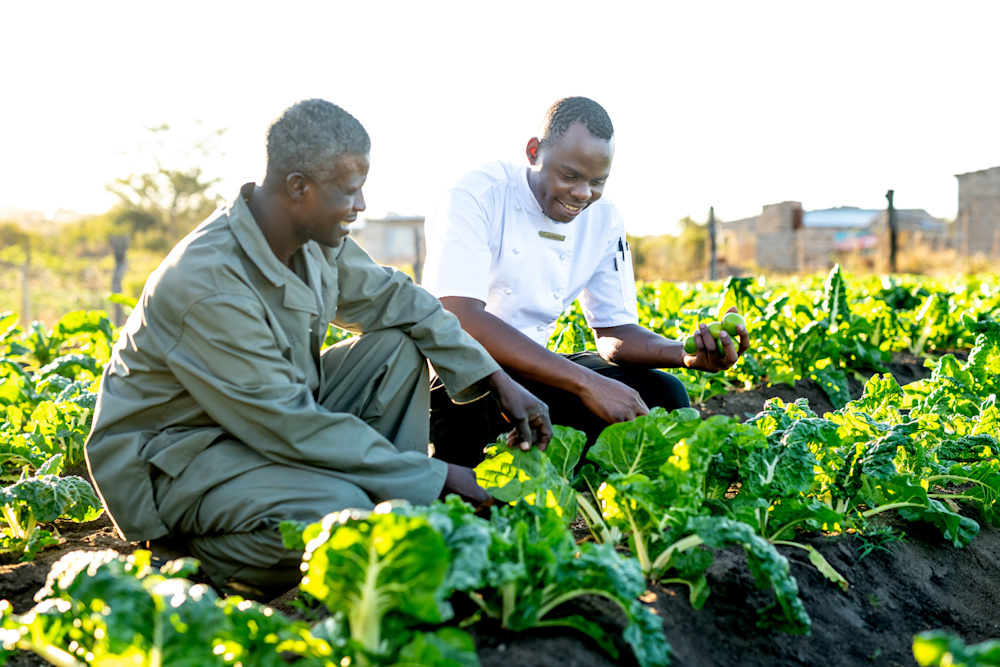
Our community partnerships play a role in maintaining sustainable land use practices
Nature positive, carbon neutral
To this end, four ambitious global commitments have been set by the United Nations. These are: halt and reverse biodiversity loss; prevent further extinction of species; halve our ecological footprint; and achieve carbon neutrality. An ambitious goal to be Nature Positive, Carbon Neutral by 2030, one that will require immediate and widespread action, and collaboration between governments, the private sector and civil society.
Our commitment to these four goals is multifold, with our conservation partners driving numerous biodiversity, conservation and research projects and strategic community partnerships programmes. Now we look forward to what the next 10 years of collective impact and influence can hold in terms of leveraging our nature-based tourism model to support this global objective.
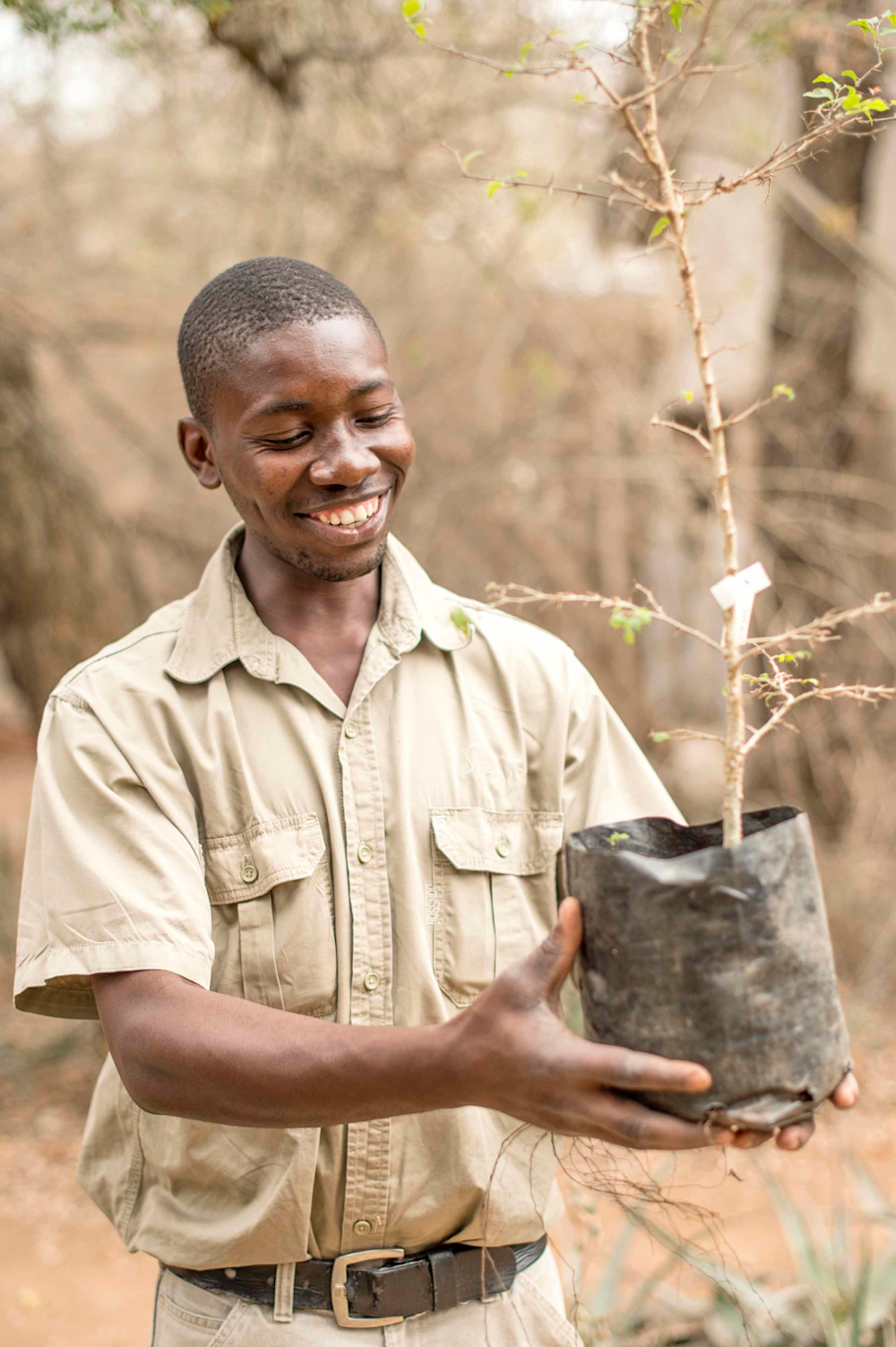

Our land management practices range from invasive plant control to wide-scale restoration and reforestation
As joint custodians of more than 1 million acres, our conservation partners are critical land stewards in halting and reversing biodiversity loss in key areas, with invasive alien plant control, fire management and erosion control, and freshwater resource management forming the basis of wide-scale restoration and recovery of habitats, as well as reforestation efforts in Volcanoes National Park, Rwanda.
Species conservation
Projects supporting endangered species stabilisation and recovery are widespread across our regions, from the successful reintroduction of the Eastern Black rhino by the Grumeti Fund into the Western Serengeti, and the anti-poaching initiatives in Singita Sabi Sand by the Singita Lowveld Trust, to rare antelope breeding by The Malilangwe Trust in Zimbabwe, the safeguarding of the endangered mountain gorillas in Rwanda (whose population recovery is testament to successful conservation and ecotourism partnerships in Volcanoes National Park in Rwanda), and various critical bird monitoring programmes, such as the Vulture Safe Zone alliance supporting the safeguarding of the species across the Greater Kruger region.
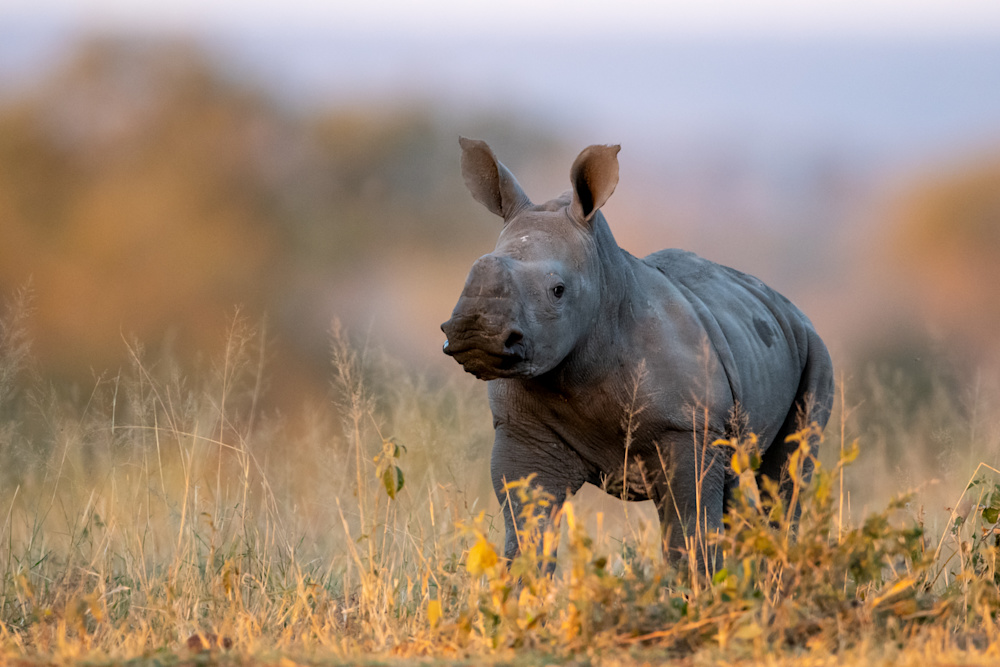
Our conservation partners are engaged in successful rhino conservation programmes across regions
The One Planet Living framework and its 10 principles guide our commitment to the third goal of halving our ecological footprint. Our aim to go off grid (with power made up of 80% solar by 2025) is on track, along with our reduction of water use by 30%, the elimination of single use plastic in our lodges, and sourcing food and supplies locally wherever possible. Our community partnerships play a key role here too, with a strong emphasis on supporting education, woman empowerment and environmental awareness crucial to maintaining sustainable resource use and responsible land use practices.
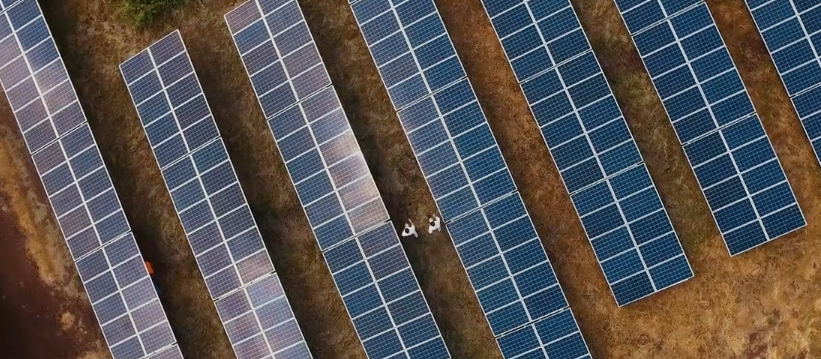
Solar power, water conservation and sustainable sourcing are just some of the many ways Singita is committed to halving our ecological footprint
A low-impact, high-value ecotourism model is a nature-based solution that can and must play a key role in ensuring the preservation and long-term conservation of these unique landscapes, habitats and species to the benefit of current local communities and for future generations.
We pledge our commitment to being leaders in this decade of restoration – driving awareness and leveraging support from our collective networks, and collaborating with partners, like minded donors and guests to support the restoration and recovery of biodiversity, remain leaders in sustainability and maintain a firm commitment to carbon neutrality.
HOW TO GET INVOLVED
Support the work of our conservation partners in their efforts to protect wilderness areas for future generations through their programmes spanning biodiversity, community and sustainability initiatives. Donate here >

By Julia Freemantle
Author

